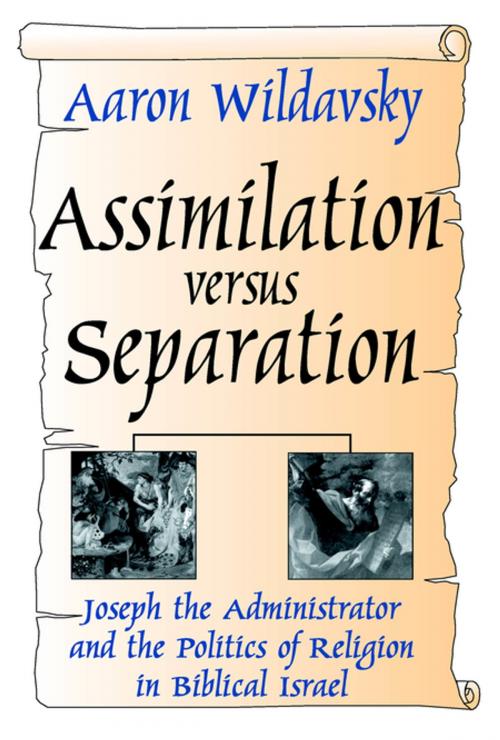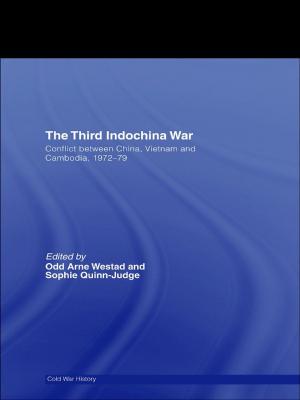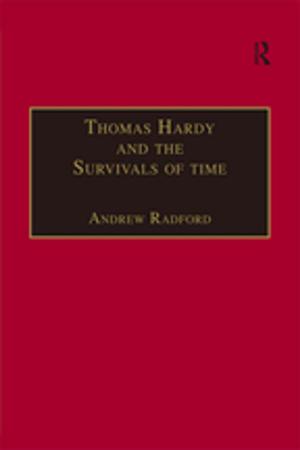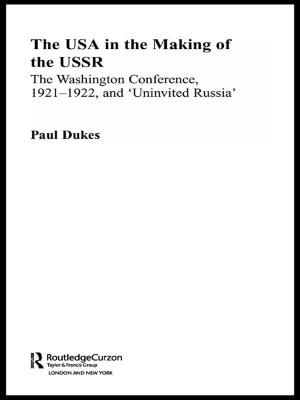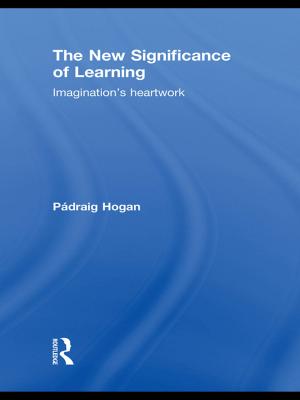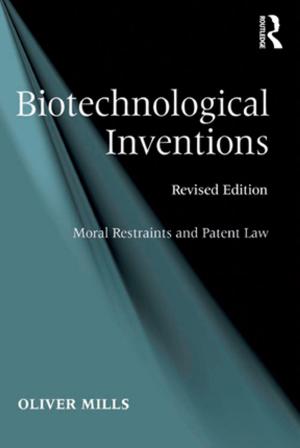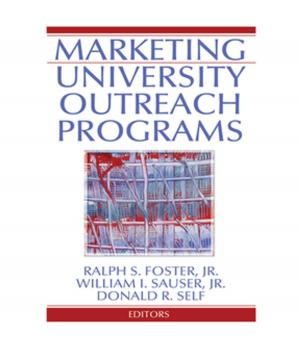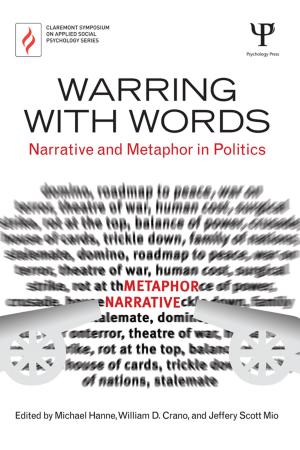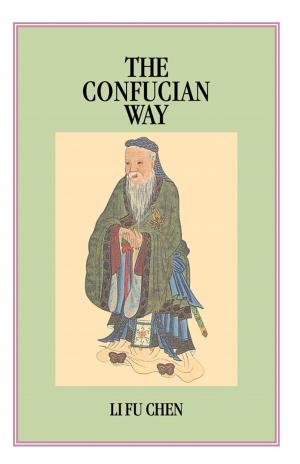Assimilation Versus Separation
Joseph the Administrator and the Politics of Religion in Biblical Israel
Nonfiction, Religion & Spirituality, Judaism, Social & Cultural Studies, Social Science| Author: | ISBN: | 9781351315388 | |
| Publisher: | Taylor and Francis | Publication: | September 8, 2017 |
| Imprint: | Routledge | Language: | English |
| Author: | |
| ISBN: | 9781351315388 |
| Publisher: | Taylor and Francis |
| Publication: | September 8, 2017 |
| Imprint: | Routledge |
| Language: | English |
How to behave in the diaspora has been a central problem for Jews over the ages. They have debated whether to assimilate by adopting local customs or whether to remain a God-centered people loyal to their temporal rulers but maintaining the peculiar customs that separated them from their host nations. The question not only of survival, but of the basis for survival, is also a central problem in the Joseph stories of the Book of Genesis. The work shows its readers the grand alternatives of Judaism, instilled in two larger-than-life figures, so its readers can reassess for themselves the road Judaism did not take, and understand why Joseph though admirable in many respects, is left out of the rest of the Bible. The question is answered through the stories about how Joseph, the son of Jacob, saved his people/family from famine by becoming a high-ranking administrator to Pharaoh. By analyzing his behavior to the people over whom he exercises power, Joseph lords it over his brothers, grieves his father, takes lands from Egyptian farmers, and engages in forced deportation. Wildavsky explains why Joseph-the-assimilator is replaced in the Book of Exodus by Moses-the-lawgiver. The book ends by demonstrating that Joseph and Moses are, and are undoubtedly meant to be exact opposites. As in his earlier book on The Nursing Father: Moses as a Political Leader, Wildavsky combines analysis of political and administrative leadership with both traditional and modern study of texts: thematic linkages via plot, grammar, dreams, poetry, and religious doctrine. Thus the chapter on "Joseph the Administrator" is preceded by a chapter on Joseph as The Dream Lord" and followed by an analysis and explanation of why Jacob's obscure blessings to his sons are more like curses. Always the emphasis is on the reciprocal influence of religion and politics, on rival answers to questions about how Hebrews should relate to each other and to outsiders. New, in paperback, the book will be of interest to biblical scholars and readers as well as those concerned with the interaction of religion and political life.
How to behave in the diaspora has been a central problem for Jews over the ages. They have debated whether to assimilate by adopting local customs or whether to remain a God-centered people loyal to their temporal rulers but maintaining the peculiar customs that separated them from their host nations. The question not only of survival, but of the basis for survival, is also a central problem in the Joseph stories of the Book of Genesis. The work shows its readers the grand alternatives of Judaism, instilled in two larger-than-life figures, so its readers can reassess for themselves the road Judaism did not take, and understand why Joseph though admirable in many respects, is left out of the rest of the Bible. The question is answered through the stories about how Joseph, the son of Jacob, saved his people/family from famine by becoming a high-ranking administrator to Pharaoh. By analyzing his behavior to the people over whom he exercises power, Joseph lords it over his brothers, grieves his father, takes lands from Egyptian farmers, and engages in forced deportation. Wildavsky explains why Joseph-the-assimilator is replaced in the Book of Exodus by Moses-the-lawgiver. The book ends by demonstrating that Joseph and Moses are, and are undoubtedly meant to be exact opposites. As in his earlier book on The Nursing Father: Moses as a Political Leader, Wildavsky combines analysis of political and administrative leadership with both traditional and modern study of texts: thematic linkages via plot, grammar, dreams, poetry, and religious doctrine. Thus the chapter on "Joseph the Administrator" is preceded by a chapter on Joseph as The Dream Lord" and followed by an analysis and explanation of why Jacob's obscure blessings to his sons are more like curses. Always the emphasis is on the reciprocal influence of religion and politics, on rival answers to questions about how Hebrews should relate to each other and to outsiders. New, in paperback, the book will be of interest to biblical scholars and readers as well as those concerned with the interaction of religion and political life.
